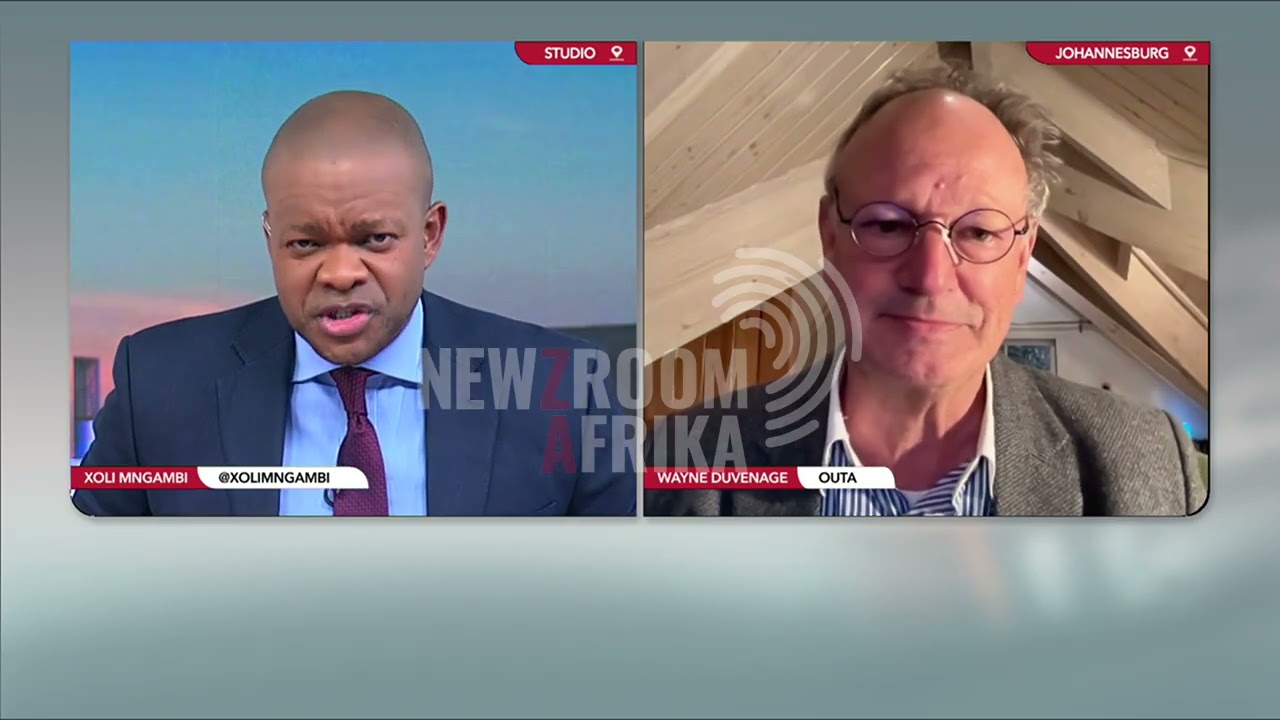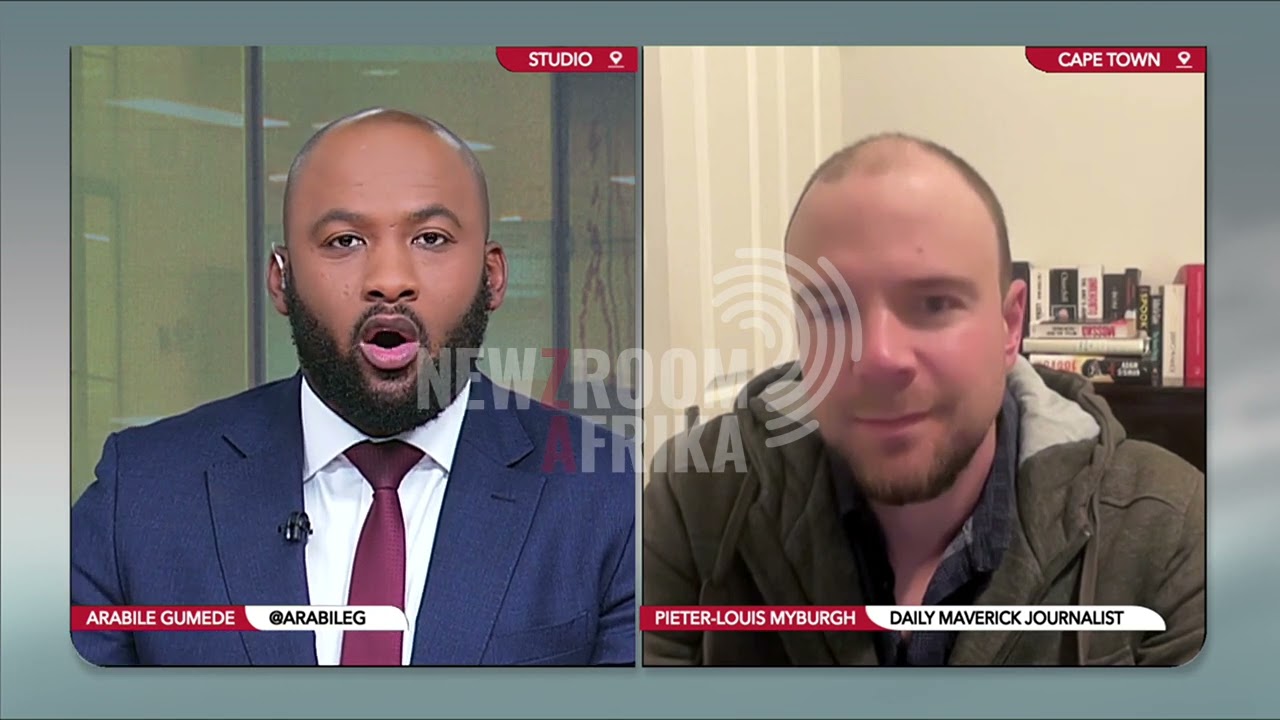Bribery has long been a defining force in the political spectrum worldwide, often causing significant rifts within societies. These illicit transactions can lead to corruption that’s not only destructive but can also skew political landscapes in ways that are hard to reverse. The financial incentives for power brokers can spark outrage, altering governmental structures and imperiling stability in countries around the globe. From the creeping rise of authoritarianism to the dramatic fall of democratically elected leaders, the manipulative power play involving bribes has far-reaching consequences that people cannot overlook.
The world’s history brims with incidents where flushing out scandalous behavior changed the course of nations. In recent decades, bribe-driven controversies have not only sparked public outrage but also inspired mass movements seeking reform. This article dives into seven of the most memorable and alarming bribe scandals that have not only rattled political systems but also impacted societies at large.
Top 7 Bribe Scandals That Unanimously Shook the World

1. The Watergate Scandal: A Contentious Political Fallout
No discussion of political scandals could overlook Watergate, arguably the defining moment in U.S. political history. It unraveled a shocking conspiracy where the Nixon administration used bribes and other dubious methods to secure and maintain power. The lavish spending on hush money to silence whistleblowers and pressure officials to toe the party line led to a political maelstrom. Watergate ultimately triggered Nixon’s resignation, marking a fundamental shift in how Americans viewed their government and heightening scrutiny over political ethics.
2. Operation Car Wash: Brazil’s Threatening Corruption Crisis
Operation Car Wash, or Lava Jato, stands out as a harbinger of Brazilian political upheaval. This far-reaching investigation revealed a tangled web of bribes between the state oil company Petrobras and powerful corporate entities. Former President Luiz Inácio Lula da Silva found himself embroiled in the scandal, which unveiled corruption on a colossal scale, leading to nationwide protests. The ramifications extended beyond political players, embedding a pervasive wariness about governance in Brazil’s social fabric.
3. The Siemens Bribery Scandal: Patriotic Ventures Gone Wrong
In 2008, Siemens, one of Germany’s preeminent engineering firms, found itself enmeshed in an intricate web of bribery allegations across multiple nations. The company allegedly forked out a staggering $1.6 billion in bribes to gain contracts, shaking the international business landscape. This scandal didn’t just ignite legal probes; it sparked broader conversations about corporate ethics and the responsibilities companies hold toward transparency, especially in developing countries. Siemens’ actions forced firms to reevaluate their approach toward potentially compromising deals.
4. The 1MDB Scandal: The CEASEFIRE Between Governance and Malfeasance
The 1Malaysia Development Berhad (1MDB) scandal rippled through Malaysia and stunned the world, revealing the dark interplay between political power and corruption. Allegations surfaced that then-Prime Minister Najib Razak misappropriated billions intended for development, with bribes reaching high-profile figures globally. The fallout was severe; it led to Najib’s political debacle and paved the way for Mahathir Mohamad’s return to power. This was a pivotal moment where a corrupt governance model faced significant questioning by the Malaysian public.
5. The Impeachment of South Korea’s Park Geun-hye: Relatively Unrestrained Power and Its Consequences
In 2016, South Korea witnessed a power shake-up when President Park Geun-hye faced impeachment over a sweeping corruption scandal. Her close associate, Choi Soon-sil, leveraged her connections to extract bribes from large family-owned businesses, prompting mass protests throughout the country. The public’s reaction underscored a burgeoning demand for integrity in governance and challenged traditional power structures. South Korea saw a tangible shift in political engagement and citizen accountability.
6. The Russiagate: Political Tensions and Allegations of Bribery
The Russiagate investigation demanded the nation’s attention, raising serious questions about foreign influence in American politics. Allegations of bribery and collusion involving key figures in the Trump campaign dominated headlines and public conversations. This controversy sparked a reevaluation of campaign financing and governance strategies, forcing the political establishment to confront the ethics surrounding foreign interference and private funding. The lessons remain highly relevant as political dynamics continue to evolve.
7. The FIFA Corruption Scandal: Contentious Times for Global Sports Governance
In 2015, the world of sports was rocked by the FIFA corruption scandal, starting with high-profile arrests of officials linked to bribery and racketeering. This upheaval confirmed long-held suspicions about corruption in global sports governance, resulting in reforms that sought to improve accountability within the organization. As fans and stakeholders demanded fair practices, it spurred ongoing debates on ethics in sports, illustrating how scandals serve not just as a blot on the record but can also prompt necessary reform.
Broader Implications: How Bribery and Scandals Alter Nations’ Histories
The repercussions of these scandals extend beyond mere financial misconduct, sparking social unrest and igniting movements aimed at reform. The public outrage often compels governments to rethink policies that uphold or guard against corruption. As nations grapple with the repercussions of bribery, citizens increasingly demand transparency and accountability, igniting a heightened awareness of governance that prioritizes the collective good over personal gain.
These scandals unveil not only the susceptibility of individuals to corruption but also highlight the systems that facilitate such misconduct to thrive. While many countries have undertaken reforms to combat bribery, the struggle against corruption is a persistent battle that varies in severity and success.

An Ongoing Battle Against Corruption
As the landscape of global governance evolves, the fight against bribery remains crucial in shaping political etiquettes. The lessons gleaned from past scandals nudge nations towards stricter regulations, fostering a culture that champions accountability and ethical governance. History has deMonstrated that while corruption threatens democratic values, it may also ignite reformative movements, inspiring societies to hold leaders accountable in an enduring pursuit of integrity.
In this complex dance of power and politics, the fight against bribery serves as a reminder: citizens have the responsibility to demand change. Whether through voting, protests, or public discourse, the impetus for accountability rests with the populace, ensuring that governance remains by the people and for the people. As history unfolds, the stories of scandal serve not just as cautionary tales but also as beacons of hope for a future cultivated by transparency and integrity.
Bribe: The Sweet but Sour Dealings That Shook Nations
The Historical Impact of Bribery
You know, bribes have played an immense role in shaping nations and history. Take the infamous “Teapot Dome Scandal” in the 1920s, for example. This wasn’t just a little case of greed; it turned into a major scandal that led to the first-ever presidential cabinet member being jailed. Crazy, right? It showed how a simple bribe could contain unimaginable consequences for the political landscape of a country, bringing a wave of trust issues along the way. Speaking of waves, did you happen to catch the latest movie,Sharp Objects? Just like that film explores deep human flaws, bribery digs into the heart of ethical dilemmas, questioning the integrity of leaders.
Bribes Across Cultures
Interestingly, different cultures have various takes on bribery. In some countries, it’s seen as a common practice, almost like a “tip” for services rendered. Yet, in others, it’s completely frowned upon. The music industry’s shady dealings, where artists sometimes paid for airplay, remind us of bribes like Natina Reed, whose career faced ups and downs due to industry politics. In a way, bribery acts like a spoiler alert for the unsuspecting. It can make or break careers, sending many down a tumultuous path. You can imagine how uncomfortable discussions around bribery can be, especially when big names like Tammy Willingham and politicians end up in the mix.
The Modern-Day Perspective
Fast forward to today, and bribes are still prevalent. Just check out the latest tweets from various public figures on Ann Coulter’s Twitter. Discussions range from humorous to critical about how beneath-the-table dealings still exist in our society. Even amidst the chaos, it’s fascinating how the allure of a bribe can twist moral compasses and create warring factions among different groups. The tension often spoils the waters, leaving citizens to scrutinize those they once trusted. As we navigate this tricky terrain, it’s vital to understand that the simple act of offering something in return can change the course of events, sometimes for the better, but often for the worse. Curious how the situation evolves? Keep your antennas up; the world of bribery is always full of surprises!







